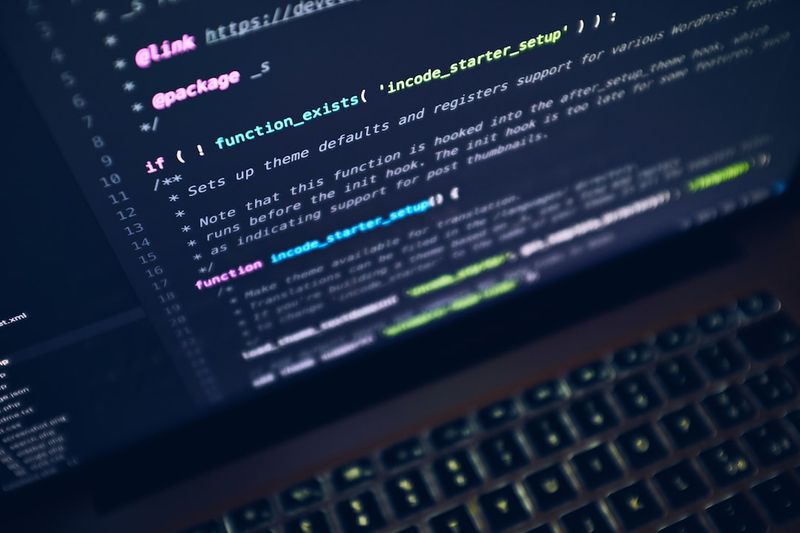Table of Contents
US Supreme Court’s Judgments on Big Tech Regulation
Recently, the US Supreme Court handed down 通過 o judgments that focused on holding social media platforms liable for third-party content and decided not to review the internet law Section 230 of the Communications Decency Act. While some welcomed the decisions, Pat de Brún, Deputy Director of Amnesty Tech, warned that radical change to the way Big Tech operates remains urgent, and courts of law are not well-suited to replace the lack of effective and comprehensive regulations on Big Tech.
Urgent Need for Big Tech Regulation
Brún has called on lawmakers to enact long-overdue regulations that can rein in the industry. He argues that unregulated algorithms of Big Tech companies are tailored to maximize profit and engagement, which fuels ethnic violence, disinformation, and gross human rights violations. From India to Ethiopia, the US, and Brazil, many communities around the world, including the Rohingyas in Myanmar, seek justice and accountability for adverse human rights harm caused or contributed to by the Big Tech business model.
The Meta Case and Human Rights Violations
Amnesty International’s research has shown that Meta, formerly known as Facebook, substantially contributed to the ethnic cleansing and forcible displacement of over 700,000 Rohingya in 2017. Meta has yet to provide survivors with an effective remedy. Amnesty International has reported that the surveillance-based business model that underpins Big Tech companies such as Meta and Google gravely threatens a range of human rights.
Necessity of Strict Oversight and Transparency Requirements
Governments and legislators, under international human rights law, have an obligation to introduce regulations that can protect human rights from corporate abuses. Companies such as Meta and Google should be subject to strict oversight and transparency requirements, including mandatory human rights due diligence in line with international standards for business and human rights.
Editorial and Advice
Policymakers worldwide should immediately recognize the danger posed by Big Tech’s growth and influence and take necessary steps to limit their power, protect people’s privacy, and ensure accountability for their actions. The US Supreme Court’s recent decisions provide no comfort for those calling for stronger Big Tech regulation, and stronger measures are needed to prevent these companies from violating human rights or enabling abuses by third parties. Effective human rights oversight and regulation are crucial, and the global community must work in tandem to ensure that Big Tech companies respect the human rights of everyone, including those who have historically been marginalized by social media ne 通過 orks.

<< photo by Luca Bravo >>
You might want to read !
- The Dark Side of the Reptile Trade: Virginia Man Pleads Guilty to Trafficking Endangered Turtles
- Brazil’s Environmental Policies Called into Question: Why Joining Regional Pact is a Imperative Move
- “EU Parliament Urges Tougher Regulation of Spyware to Safeguard Fundamental Rights”
- The Rohingya Crisis in Bangladesh: Emerging Threats to Refugee Safety and Security
- Israel urged to release Palestinian aid worker, Mohammed al-Halabi, imprisoned for nearly five years without trial
- “How the Iraqi Government is Letting Down Sinjar’s ISIS Victims”
- Saudi Authorities Must Uphold Civil Society’s Vision for Respect and Rights
- “EU Sets Path Towards Sustainable Trade with ‘Deforestation-Free’ Law Approval”
- Australia’s Human Rights Obligations: Time to Act
- Deported man’s safety and fair trial rights should be upheld by UAE authorities
- Mexico’s States Must Take Action to Ensure Equal Legal Capacity
- Kakuma refugee camp complex in Kenya remains unsafe for LGBTI refugees: Editorial Exploration
- “Humanitarian Crisis Looms as Cyclone Mocha Wreaks Havoc on Myanmar’s Rohingya”